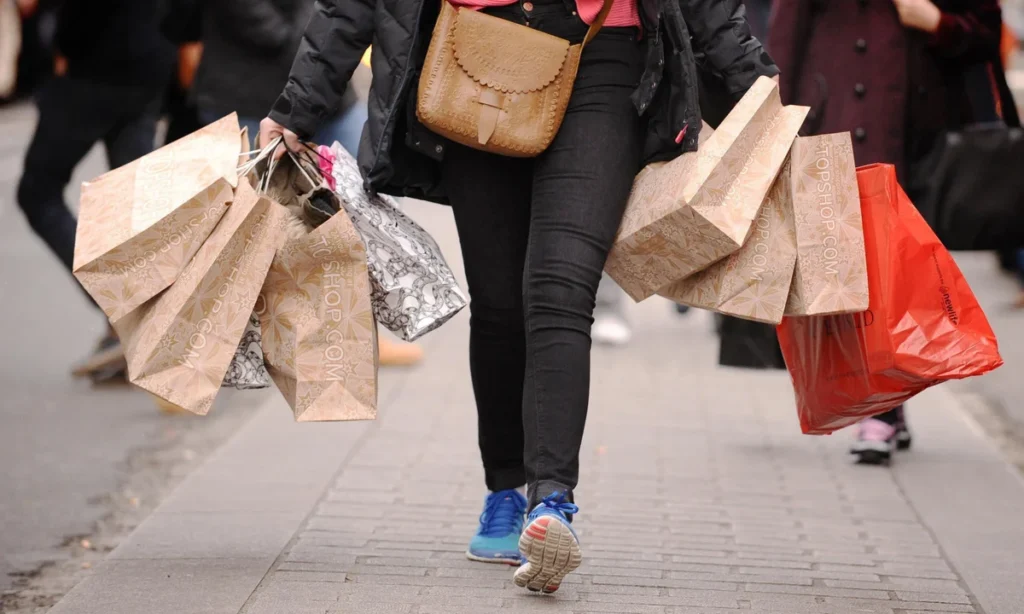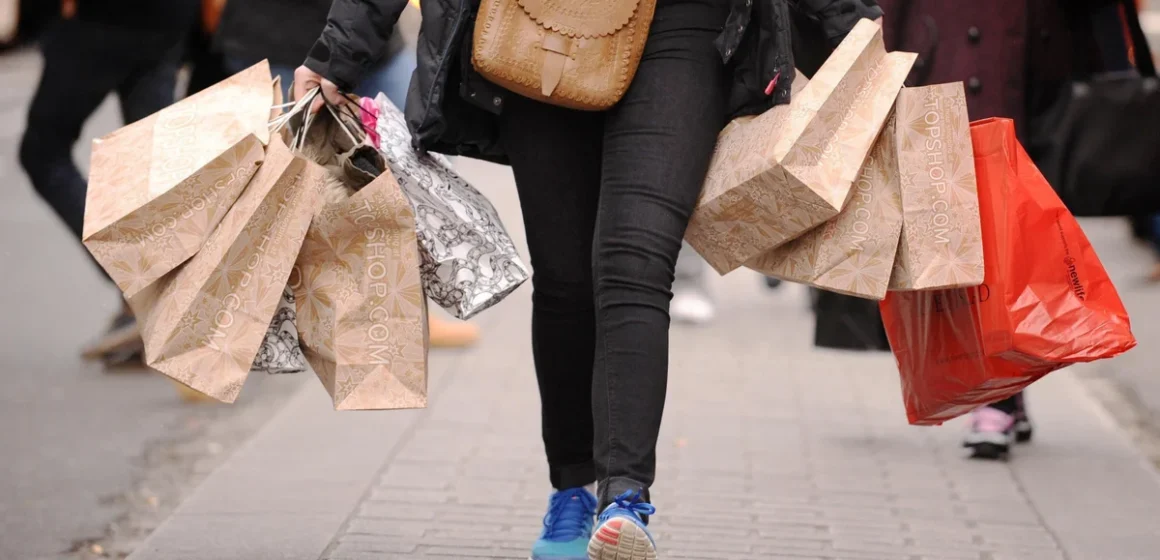
BNPL. It sounds harmless — even helpful. Just three little letters: Buy Now, Pay Later. But behind the catchy checkout button is a growing money trap that more and more young people in the UK are falling into. The kind of trap that turns trainers into debt and brunch into bank notifications.
According to a new report from the BBC, over half of 18–34-year-olds in the UK have used a BNPL (Buy Now, Pay Later) scheme in the last six months. That’s Klarna, Clearpay, Laybuy — the usual suspects. And while these services market themselves as smooth, interest-free and stress-free, the real story is starting to show: mounting debt, rising anxiety, and financial habits that could follow people for years.
What’s Really Going On?
Let’s break it down.
BNPL schemes let you split payments into chunks — usually 3 or 4 instalments. It feels light. It feels manageable. £90 becomes three easy £30s. No interest. No long-term contract. And when you’ve got a social life, uni books, rent, and bills to balance, that sounds like a lifesaver.
But here’s the problem: it adds up — fast.
New figures show that one in five users of BNPL have missed a repayment. And that number jumps higher when we zoom in on the 18–25 age bracket. Some people are juggling multiple BNPL debts across different platforms, treating it like a short-term fix. But what happens when the payments keep stacking and payday isn’t enough?
It’s More Than Just Money
This isn’t just about numbers in a bank account — it’s about mental health, self-esteem, and long-term financial confidence.
Missed BNPL payments can be reported to credit agencies, meaning your credit score takes a hit. That score affects future plans: getting a car, a flat, or even a phone contract. For young people just starting to build their financial identity, this is like getting a red flag on your record before you’ve even had a chance to prove yourself.
Add that to the pressure already coming from social media — where designer bags, fast fashion hauls, and luxury holidays fill up your feed — and it’s a dangerous combo. There’s a huge pressure to “keep up,” and BNPL makes it look easy. But the reality is: a £100 outfit you couldn’t afford in one go isn’t any cheaper when it’s broken into parts.
Why Are Young People Using It So Much?
Let’s keep it real — life is expensive right now.
• Rents are up.
• Wages haven’t kept up with inflation.
• Graduates are entering the job market with student debt and few real options.
• And even getting a part-time job in retail or hospitality feels like winning the lottery.
BNPL becomes a quick fix. Not because young people are reckless — but because they’re trying to make life feel manageable in a world where basic costs don’t match up with their income.
The Danger of Normalising Debt
Here’s the bit the glossy ads don’t show.
BNPL platforms are barely regulated. They’re only just starting to fall under the watch of the Financial Conduct Authority (FCA). Until now, they’ve been operating in a grey zone. That means less transparency, more loopholes, and fewer protections for users.
Think about that. If a credit card company behaved this way, there’d be rules. But BNPL? They’re in a lane of their own. And young people are the target market.
We’re not saying using BNPL once is going to ruin your life. But when it becomes a regular tool — when it’s how you pay for clothes, food, even essentials — it’s time to pause and ask: am I in control, or is it controlling me?
The Emotional Toll No One Talks About
For many, the worst part isn’t even the debt. It’s the shame.
You buy something you couldn’t quite afford. The reminders start hitting your inbox. You miss a payment. You feel like you’ve messed up. And because no one wants to admit they’re struggling, you keep quiet. You carry that stress silently — smiling on socials, panicking in private.
This cycle is more common than you think. It’s not just you. It’s a system that was designed to be easy to enter, and hard to exit. It plays on our need for instant gratification, but it offers zero help when things go wrong.
So What Can We Do About It?
This is where the conversation shifts. It’s not just about telling young people to “budget better” — that’s lazy advice. Instead:
- Educate, Don’t Judge – Schools and colleges should teach real-life money skills. How credit works. What BNPL really means. How to budget with low income.
- Push for Stronger Regulation – The government needs to step up. BNPL shouldn’t be allowed to dodge the rules forever. Clear guidelines, transparent marketing, and user protections are key.
- Talk About It – Open convos break shame cycles. If you’re struggling with BNPL debt, you’re not alone. Share stories. Ask for advice. Find community support. No judgement.
- Make Brands Accountable – Retailers love BNPL because it boosts sales. But they need to take some responsibility too. Ethical selling should mean offering support — not silence — when people fall behind.
Final Word: Know Your Worth Beyond What You Buy
If you’ve ever felt behind because you couldn’t afford something — trust this: your value has nothing to do with how expensive your trainers are. Your worth isn’t in your receipts.
Money challenges are real. But you’ve also got real power. Financial knowledge, community strength, and knowing when to say “not today” are acts of rebellion in a system built to trap you.
Buy now? Maybe. But let’s start thinking long-term. Because the real flex isn’t what’s in your shopping bag — it’s freedom from debt, peace of mind, and a future you control.
https://insidesuccessmagazine.com/category/opinion
Zita Salum, a British, Tanzanian journalist with a London heart, is making waves in the world of media. Born and Raised in Hackney London, she discovered her passion for storytelling at a young age. Her journey began as an admin for the Inside Success magazine, but her talent quickly shone through. Zita's ability to craft compelling narratives and her knack for capturing the essence of a story led her to become an editor for the magazine.
From there, her career soared. Zita has contributed to a diverse range of publications, including the prestigious W magazine, showcasing her versatility as a writer. Her expertise spans across industries such as music, corporate, political, sports, arts, and fashion. Beyond her written work, Zita has also excelled in broadcast journalism. Her natural ability to connect with interviewees and her engaging hosting style have made her a sought-after talent in the industry.
In her free time, Zita is a dedicated networker, attending industry events and immersing herself in the latest trends. She is also passionate about investigative journalism and has produced creative documentaries that shed light on important issues. With her talent, drive, and unwavering commitment to her craft, Zita Salum is undoubtedly a rising star in the world of journalism.




Leave a Reply
You must be logged in to post a comment.